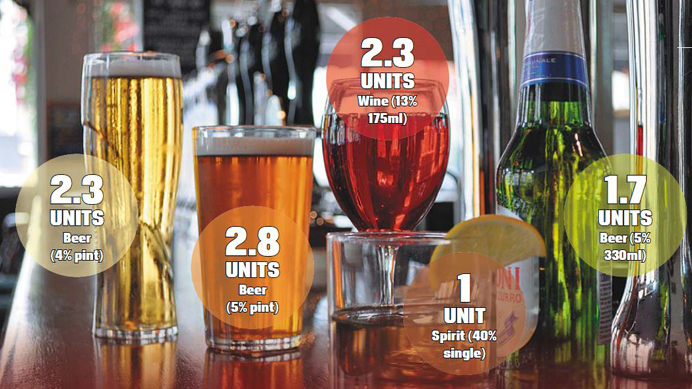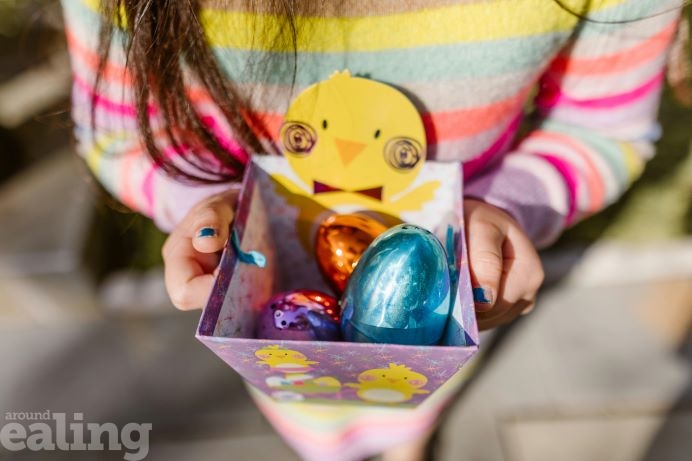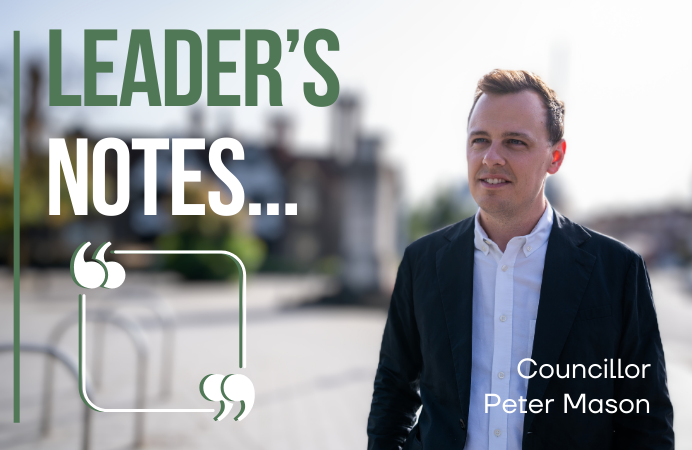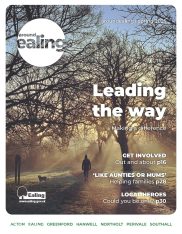With the party season upon us, it is easy to get swept up in rounds and drink more than we normally would. Do you know your limit?
The NHS defines binge drinking for men as having eight or more units of alcohol in one session. For women it is six. The trouble is it can be tricky to understand how many alcohol units are in a drink, especially because most drinks contain more than one unit. Drinking at home is even trickier because of our more ‘generous’ measures.
However, there is another simpler way to gauge your drinking. If you are drinking to get drunk, you are almost certainly binge drinking.
Getting very drunk can affect your physical and mental health. Anti-social behaviour, accidents and risky sexual behaviour are commonly linked to heavier and high risk drinking levels, and in the longer term it can lead to serious health problems.
Most people with alcohol-related health problems are not physically dependent. They simply drink more than the recommended levels and have done for some time. Even if you do not go to pubs or bars, but drink at home it is still worth looking at how much you are having. Drinking every day, even if you are not getting drunk can lead to long term health conditions. It is always best to have some alcohol-free days each week.
No-one can say that drinking alcohol is absolutely safe. By all means enjoy a drink; just be aware of how much you are having. By keeping within the recommended guidelines there is only a low risk of causing harm in most circumstances. If you are worried about your drinking, contact your GP or the local alcohol service, RISE. It will be able to suggest ways to help you cut down your drinking.
The good news is we can still enjoy drink in moderation if we want to. But, this party season, why not keep track of what you are drinking and maybe cut back a little? It could mean the difference between a night out you will never forget – and a night out you cannot remember.
WORRIED ABOUT ALCOHOL?
- Recovery Intervention Service Ealing (RISE): Visit www.ealingrise.org.uk or call 0800 195 8100
- The NHS Choices website has lots of information on alcohol.







